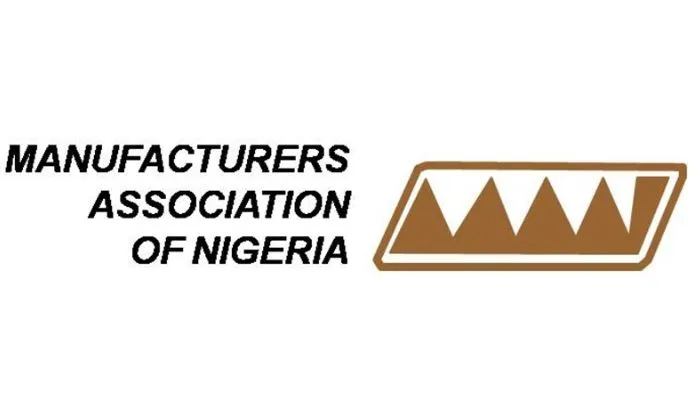The Manufacturers Association of Nigeria (MAN) has emphasised the need for an industrial-led development model, prioritising high-value-added and exportable manufactured goods, reliable energy supply, and infrastructure upgrades to achieve a $1 trillion economy by 2030.
With the newly rebased nominal GDP of $243 billion, achieving this target would require consistent nominal growth of 12 to 14 per cent annually or real GDP growth of six to seven per cent annually.
MAN called on the government to make industrial transformation the anchor of Nigeria’s economic strategy to achieve sustainable and inclusive growth.
The director-general of MAN, Segun Ajayi-Kadir, stated, “The aspiration for Nigeria to become a $1 trillion economy by 2030 is an ambitious but technically attainable goal over the medium to long term.
“However, achieving this target is not a matter of arithmetic growth. It demands a strategic transformation of the economy’s foundational structure, particularly the industrial sector.”
He stated that “with the newly rebased nominal GDP at $243 billion, reaching the $1 trillion threshold by 2030 would require consistent nominal growth of 12 to14 per cent annually, assuming currency stability, or real GDP growth of six to seven per cent per annum, a figure that is nearly double the current real growth rate of 3.38 per cent recorded in 2024.”
Ajayi-Kadir noted that “the road to this milestone is fraught with structural bottlenecks that must be urgently addressed.”
A growth path that merely expands the size of low-productivity sectors, such as informal trade and consumption-driven services, will only deepen inequality, reinforce economic vulnerability, and perpetuate jobless growth.”
According to him, to make a credible path to a $1 trillion economy, Nigeria must prioritise an industrial-led development model. This requires a deliberate and strategic revival of industrial output, focusing on high-value-added and exportable manufactured goods, supported by unmitigated government patronage. Reliable and affordable energy must be central to this effort; without stable and cost-effective electricity, the manufacturing sector cannot thrive and contribute meaningfully to the GDP.
He added that “equally critical is the upgrade of core infrastructure such as transport networks, logistics systems, and broadband connectivity to support efficient production and regional trade integration. A coherent, investor-friendly policy environment across fiscal, trade, and monetary domains is essential to attract and retain long-term capital.
“Nigeria must boost productivity across strategic subsectors such as agro-processing, textiles, pharmaceuticals, and light engineering, where industrial linkages and employment potential are strongest. Strengthening the naira, curtailing inflation, and ensuring inclusive, sustained growth are central to any credible path toward this milestone.
MAN DG called on the government to make industrial transformation the anchor of Nigeria’s economic strategy, saying that “achieving a $1 trillion economy is not simply about increasing output. It is about building an economy that works, creates jobs, competes, and uplifts the majority.
“Without a strong, modern, and competitive manufacturing base, the $1 trillion goal may be a struggle and measured only in numbers, not national prosperity.”











